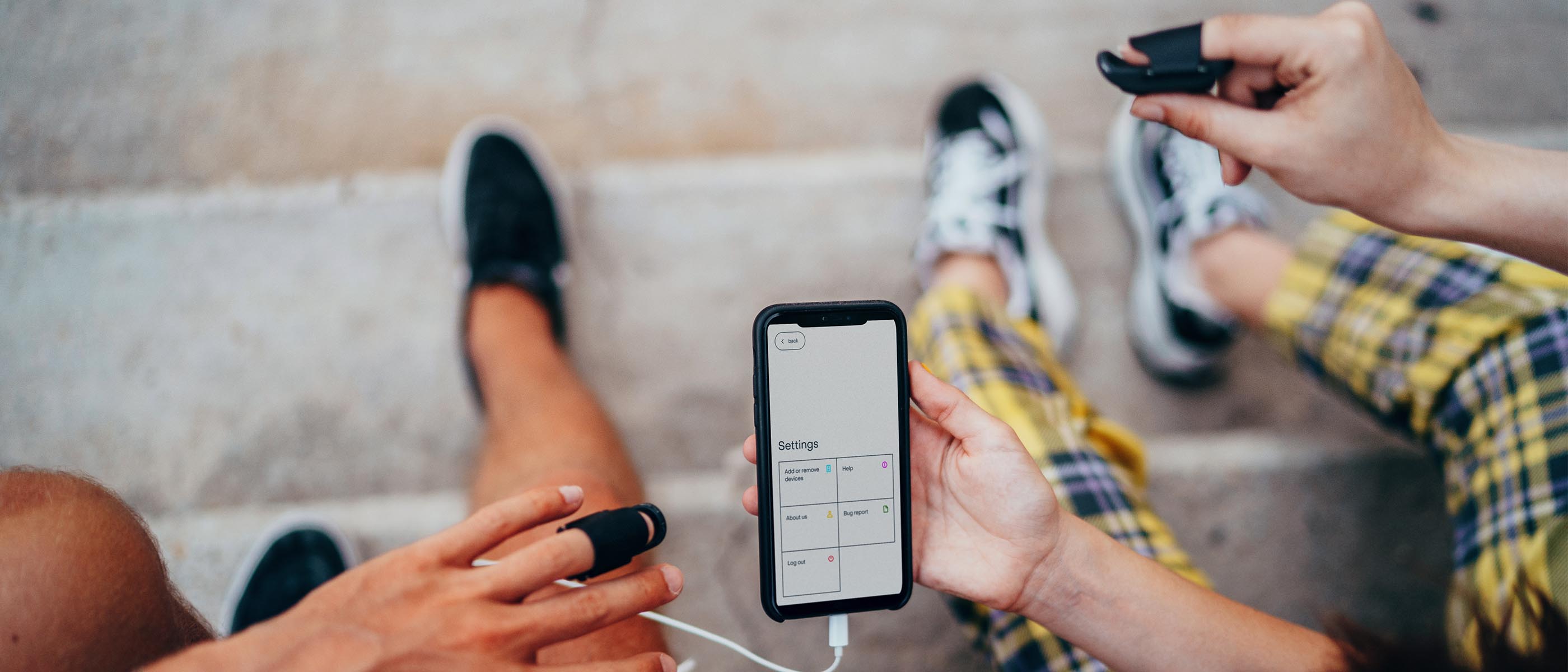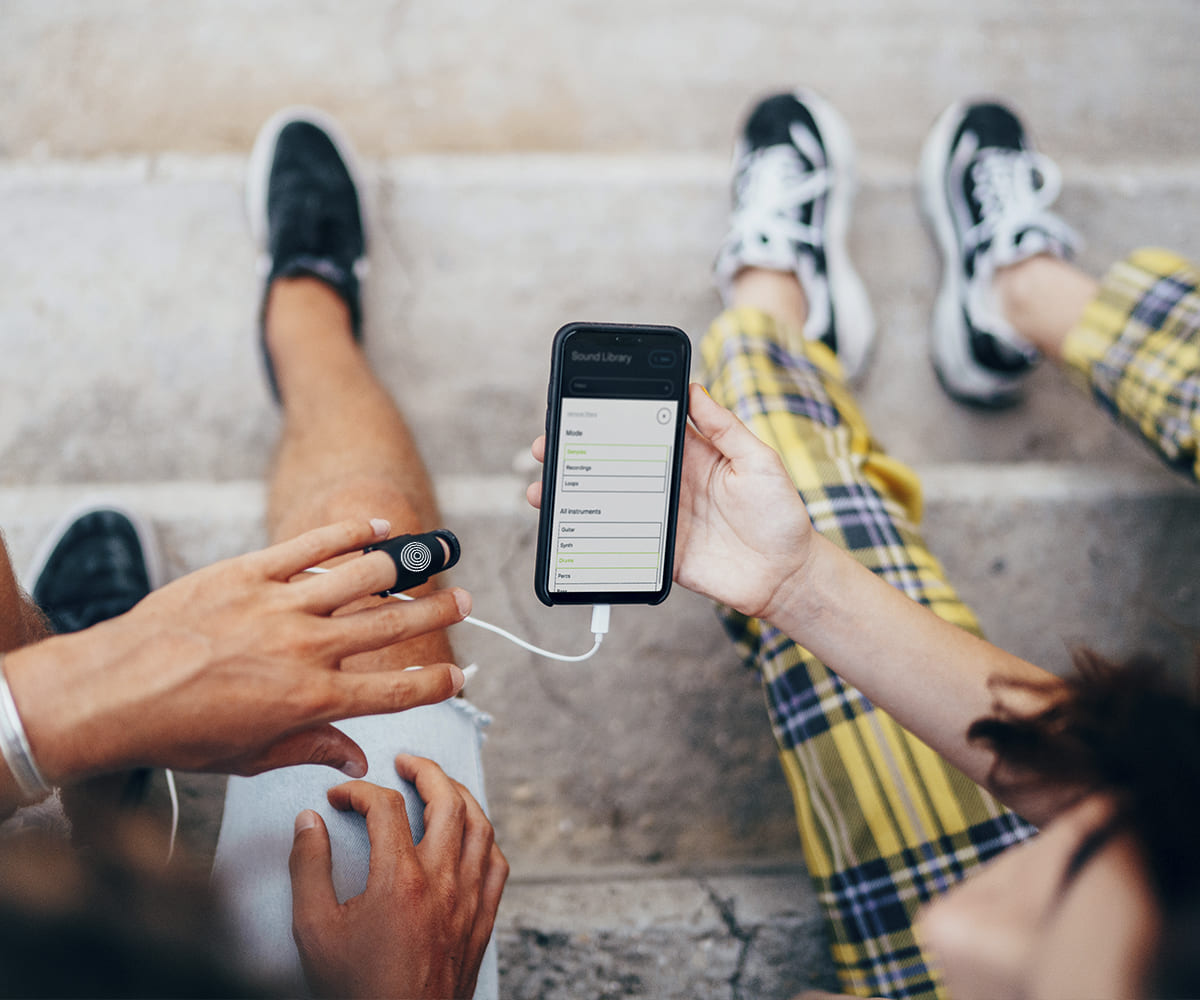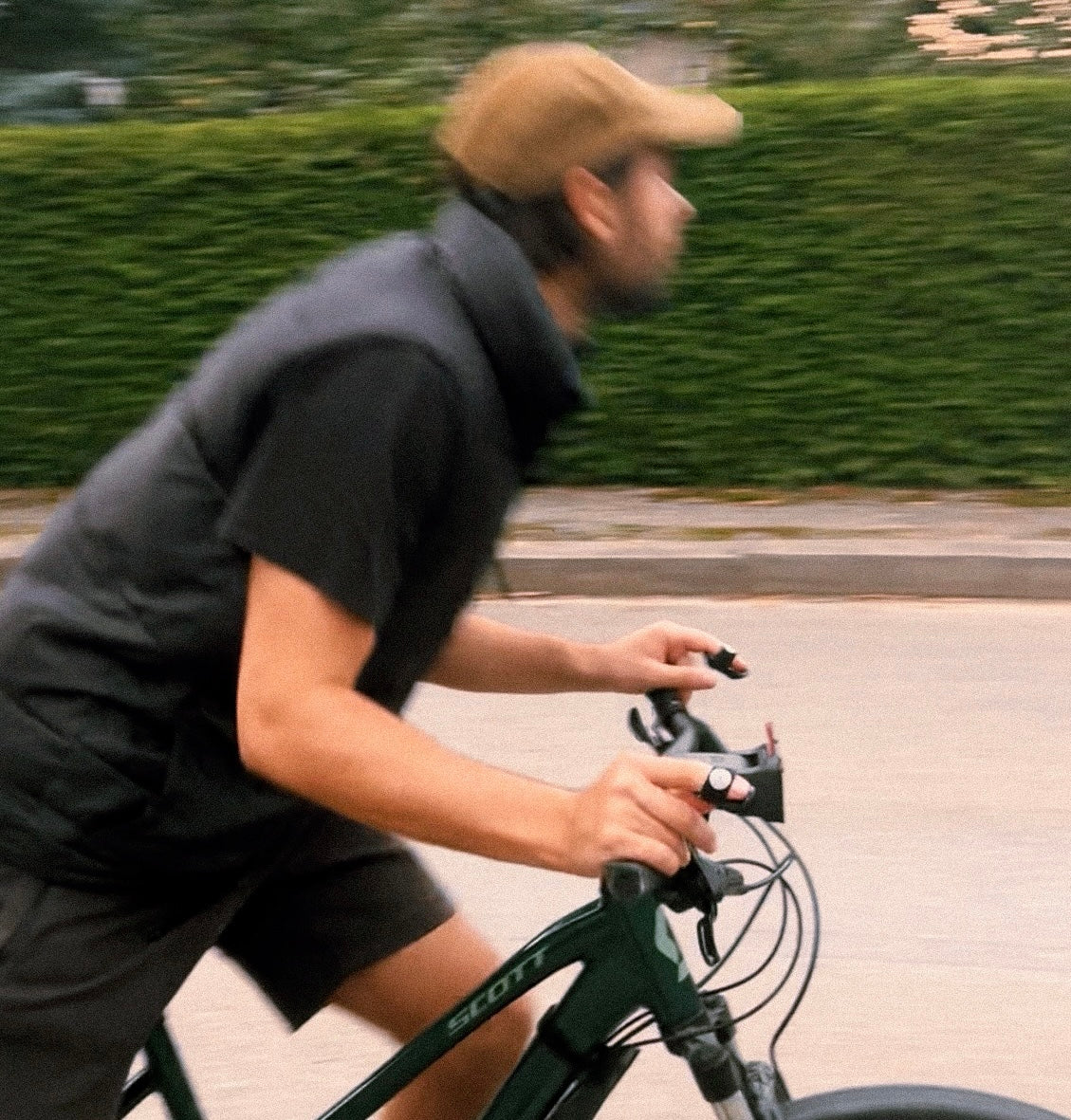From listener to creator: How technology is turning everyone into a musician
This week, I kept thinking about how much has changed in music. About how much *we've* changed. I used to be that person who thought making music was for those who had trained for years, had a studio, an instrument, and a band. But the truth is, music isn’t just about skill anymore; it’s about access, play, and self-expression.
And thanks to technology, that access is growing. Suddenly, you don’t need a full setup or a background in music theory. You need curiosity. You need your hands. Sometimes, you need a tap.
How did we get here?
Let’s be real. Music has always adapted to the times. From analog synths to auto-tune to AI. Every generation has had its tool. Ours just happens to fit in our pocket.
With smartphones, music creation apps, AI-based rhythm tools, and wearables like Music Fingers, the boundaries between consumer and creator are dissolving. The gap between listening and making is thinner than ever.
Technology didn't just help music evolve; it changed who could make it
For decades, the music industry felt like a closed circle. Expensive gear, long production times, and labels deciding who gets to be heard. But now, tech is rewriting the rules. Platforms like BandLab, Soundtrap, and GarageBand have made it possible to record, edit, and share music from a bedroom in under an hour.
Even social media, for all its flaws, has opened a window for anyone to publish a beat or a vocal idea. And tools like Music Fingers lower the barrier even more, letting you make music with just your hands, no chords or cables needed.
What we’re witnessing is more than innovation; it’s a cultural shift. Everyone can now take part in rhythm. And honestly, that’s powerful.
Backed by innovation, and sometimes, controversy
According to Forbes, Spain has just launched its first record label of artists fully created by AI. A clear sign that music tech is not slowing down anytime soon.
But it also raises questions. Can creativity be coded? Should machines be musicians? Are we moving towards connection or just convenience?
That’s why human-centered tools like Music Fingers matter. They're not replacing anything; they’re expanding what’s possible. You’re not using AI to *replace* your creativity; you’re using it to unlock it.
Music isn't just a performance anymore, it's an interaction
We’re no longer in the era of standing still and listening. We want to play, to respond, to remix. Creation is becoming something collaborative and spontaneous. And that’s what makes tools like Music Fingers so exciting.
Because what if music wasn’t something you needed to plan or study, but something you just *did*? While waiting for your coffee. Walking home. Sitting on the couch.
That’s the shift. From perfection to presence. From pressure to play.
The real win? Reclaiming your attention
We live in a loop. Constant stimulation, infinite scroll, split attention. And while we blame distraction, Harvard Health reminds us that the problem is deeper: our brains are exhausted. Cognitive overload, lack of sleep, and too much noise can physically reduce our capacity to focus. (source)
That’s why creating something, even a simple beat, feels like relief. Because you’re reclaiming that space. You’re choosing presence over passive consumption.
Want to go deeper? This New York Times piece explains how boredom, when embraced instead of avoided, can spark incredible creativity. Turns out doing nothing might be the first step toward doing something beautiful. You can read more about this on our latest blog article.
It's not about being a musician, it's about being active, not passive
Music Fingers doesn’t ask if you’re an artist. It just asks you to try. To listen. To feel. To use your hands for something that isn’t scrolling.
Because when we shift from consuming to creating, something in us reactivates. A sense of joy. Of play. Of control.
And maybe, that’s the kind of power we’ve been needing all along.
If you’ve been waiting for a sign to create, this might be it.





Leave a comment
This site is protected by hCaptcha and the hCaptcha Privacy Policy and Terms of Service apply.